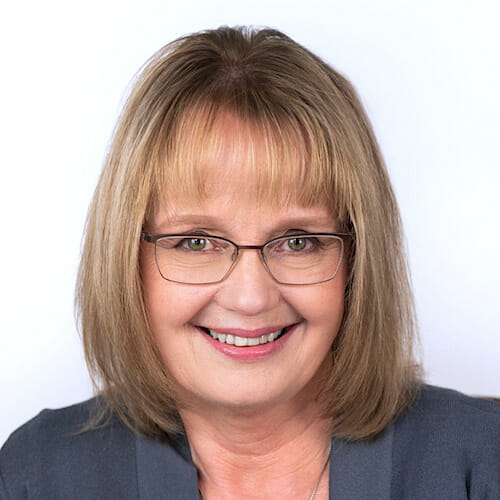
Kristine Theurer, PhD, founder and president of Java Group Programs, presented at both the American Health Care Association/National Center for Assisted Living and the LeadingAge annual meetings this year about a model to address mental health challenges such as loneliness and social isolation in senior living and other long-term care settings. She recently talked more about the model with McKnight’s Senior Living.
Q: Can you talk about the model and how it differs from the approach that some senior living communities might be taking now?
A: Typical in senior living is a model of entertainment and distraction — bingo, bus trips, bowling, movie nights, games. I wrote a paper about this in the Journal of Aging Studies, along with some other wonderful authors such as Dr. Robyn Stone.
I worked in senior living myself for many years. We thought that if you do enough of those activities and get enough residents into those activities, then we’d done our job. Meanwhile, residents were starving for real, meaningful connections.
The approach we talk about in the paper is peer mentoring and peer support groups — groups particularly, because they provide a sense of community that is missing in much of the entertainment and distraction programs that I mentioned. When a person engages in a peer support group, loneliness and depression go down. Not just a little bit, but a lot.
But peer support groups are almost nonexistent in senior living, so we put together this model and then researched the programs and looked at the outcomes of them.
Q: Could you share some of those results?
A: We worked with the Schlegel-UW Research Institute for Aging in Ontario and Schlegel Villages. They implemented the first of our peer support groups, called the Java Music Club, in all of their communities. And they added Java Memory Care, which is a peer support group for residents living with more advanced dementia, and then they added our Java Mentorship Program, an outreach program where residents get together with volunteers. The combination of peer support groups and peer mentoring is really powerful.
We looked at loneliness using the UCLA Loneliness Scale and depression using the Geriatric Depression Scale, and we looked at how many of the socially isolated residents attended more programs. We had an average 15% reduction in loneliness, 30% reduction in depression and a 60% increase in those residents who don’t come to things leaving their rooms and getting engaged in the community.
Q: How did your interest in this area begin?
A: When I was a teenager, my older brother committed suicide, and as you can imagine, it was a terrible time in our family. In my 13-year-old brain, I decided that it was my fault that he died, because I wasn’t paying attention.
I carried that grief with me into adulthood. I tried some counseling, and I tried some therapy, and I got busy. I was working hard. And then a dear friend of mine said to me, ‘Kristine, you should go to a grief peer support group.’ And I said, ‘Why would I do that? I’m going to sit at a table with a bunch of other sad people, and we’re going be sad together. How could that possibly help me?’
But we went together to this support group, and it was so wonderful. I had no idea how great it was to talk to people who knew what I was going through. It changed everything. I healed in that grief support group.
It wasn’t as though my brother was coming back. The problem was not solvable that way. But what changed is that I was no longer alone with it, and that made what felt unbearable suddenly became bearable.
I was working in senior living at the time, and I looked around and thought, ‘Why don’t we have peer support groups? They’re so good.’
Q: In your presentations at the AHCA/NCAL and LeadingAge annual meetings, you shared some tips to help people foster peer support and mentoring. What are some of the steps that people can take?
A: When I talk about peer support and peer mentoring, I’m often talking about Java, but anybody can do them. I would encourage providers, if they don’t already have peer support groups, to start them. I’m happy to help, because it’s so important.
Loneliness is such a terrible thing. There is no pill or vaccine for loneliness, but there is a cure, and it’s preventable. And that is through peer support and peer mentoring.
This is an abbreviated version of a McKnight’s Senior Living Newsmakers podcast interview. Listen to the whole interview here.

